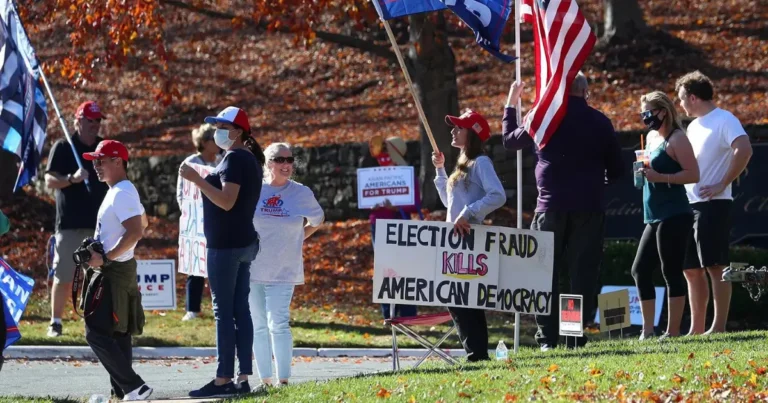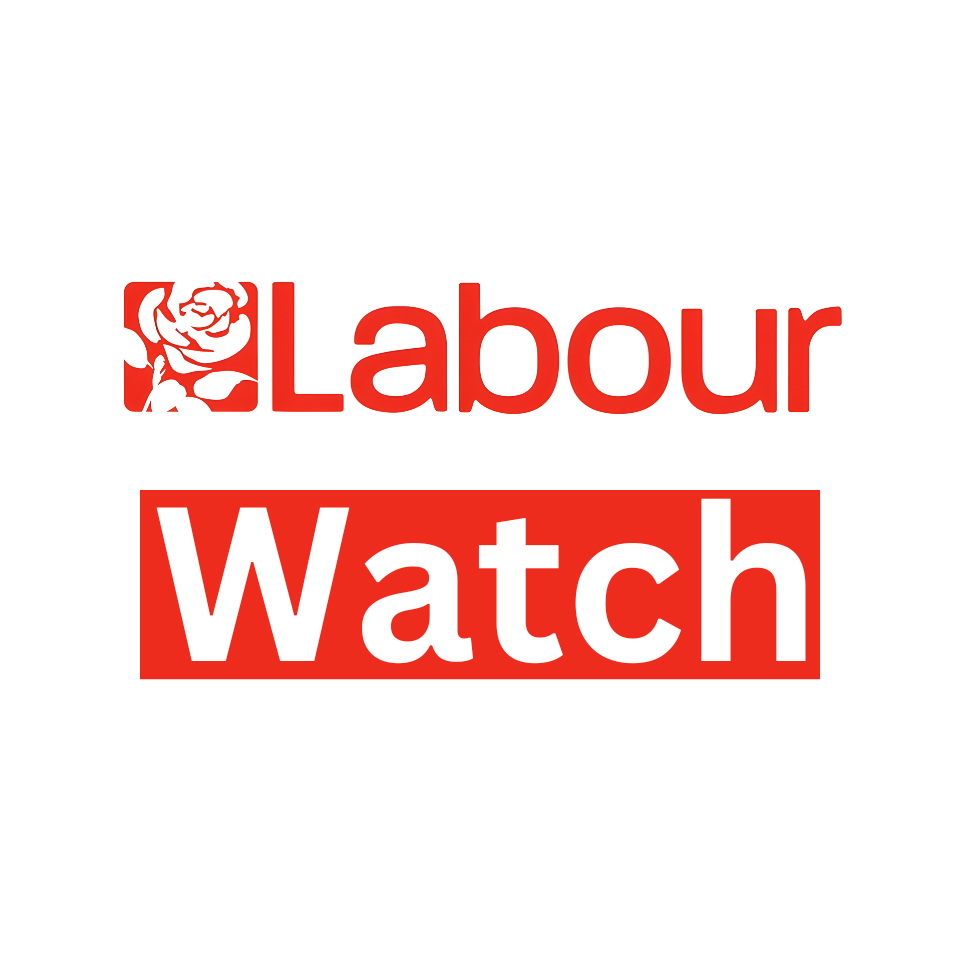Introduction: Elections form the bedrock of any democratic society, serving as a platform for citizens to exercise their right to choose representatives who will shape their collective future. In the vibrant borough of Ealing, situated in the heart of London, this democratic process unfolds with its own unique tapestry of narratives, challenges, and triumphs. As we delve into the intricacies of elections in Ealing, we uncover a rich mosaic of political dynamics that reflect the diverse voices and aspirations of its residents.
Demographic Diversity
Ealing’s demographic composition is characterized by its rich diversity, encompassing a mosaic of cultures, languages, and backgrounds. From Southall’s vibrant Sikh and South Asian communities to Acton’s multicultural tapestry, the borough reflects the global interconnectedness of modern society. This diversity not only enriches the social fabric but also influences political discourse and electoral outcomes. Candidates must navigate this intricate tapestry of identities and interests, crafting inclusive platforms that resonate with the borough’s diverse populace.
Local Issues and Global Challenges
While local issues such as housing affordability, traffic congestion, and access to quality education dominate the electoral agenda, Ealing is not immune to broader global challenges. Climate change, economic globalization, and geopolitical tensions reverberate within the borough, shaping residents’ perspectives and priorities. As such, electoral campaigns often intersect with broader narratives on sustainability, social justice, and international solidarity, highlighting the interconnected nature of local and global politics.
Youth Engagement
Ealing boasts a sizable youth population, comprising students, young professionals, and aspiring entrepreneurs. However, youth engagement in electoral politics remains a perennial challenge, with many young people feeling disconnected from traditional political institutions. Recognizing the importance of youth participation, efforts have been made to cultivate political awareness and empower young voices through initiatives such as youth councils, student-led campaigns, and voter education programs. By fostering a culture of civic engagement among the next generation, Ealing aims to cultivate a more inclusive and representative democracy.
The Role of Media and Public Discourse
In the digital age, the media landscape plays a pivotal role in shaping public discourse and influencing electoral outcomes. From traditional newspapers and broadcast outlets to social media platforms and online forums, a multitude of voices compete for attention, often shaping narratives and perceptions. However, the proliferation of misinformation and echo chambers poses challenges to informed decision-making, underscoring the importance of media literacy and critical thinking skills among voters.
The Political Spectrum
Ealing epitomizes the kaleidoscope of political ideologies that characterize contemporary British politics. From the traditional bastions of Labour to the Conservative strongholds, the borough encompasses a spectrum of political hues, each resonating with different segments of its populace. Moreover, the emergence of smaller parties and independent candidates adds further layers of complexity to the electoral equation, reflecting the plurality of voices within the community.
Key Issues
Like any other locale, Ealing grapples with a myriad of issues that resonate deeply with its residents. From housing affordability and transportation infrastructure to environmental sustainability and social inclusion, the electoral discourse revolves around addressing these pressing concerns. Furthermore, the COVID-19 pandemic has accentuated existing disparities and underscored the need for robust governance and community resilience in the face of adversity.
Community Engagement
One of the hallmarks of elections in Ealing is the robust tradition of community engagement. From grassroots activism to vibrant public debates, residents actively participate in shaping the electoral narrative and holding candidates accountable. Community organizations, religious institutions, and cultural associations play a pivotal role in mobilizing voters and fostering civic participation, thereby enriching the democratic fabric of the borough.
The Role of Technology
In an age defined by digital innovation, technology has become an indispensable tool in the electoral process. From online campaigning and social media outreach to electronic voting systems, technology has revolutionized the way elections are conducted in Ealing. However, it also poses challenges such as safeguarding against misinformation and ensuring the security and integrity of the electoral infrastructure.
Conclusion
In the tapestry of democracy, elections in Ealing stand as a testament to the enduring spirit of civic engagement and political pluralism. As residents navigate the intricacies of electoral politics, they reaffirm their commitment to shaping a future that reflects the collective aspirations of their community. With each ballot cast and each voice heard, Ealing continues to evolve as a vibrant beacon of democracy within the dynamic landscape of London and beyond.



